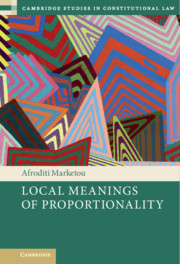Gendered linguistic practices emerge as people
engage in social practices that construct them not only
as girls or boys, women or men – but also as, e.g.,
Asian American or heterosexually active. Adequate generalizations
about gendered language use and explanations of such generalizations
require understanding the place of particular linguistic
practices in the life of what Lave & Wenger 1991 and
Wenger 1998 call a Community of Practice: a group whose
joint engagement in some activity or enterprise is sufficiently
intensive to give rise over time to a repertoire of shared
practices. Eckert's ethnographic/sociolinguistic workin
pre-adolescent and adolescent communities of practice illustrates
ways in which gender and other aspects of identity are
co-constructed. We use these and other sociolinguistic
data to suggest some of the many different kinds of generalizations,
emerging from studies of language and gender, that look
to communities of practice.
